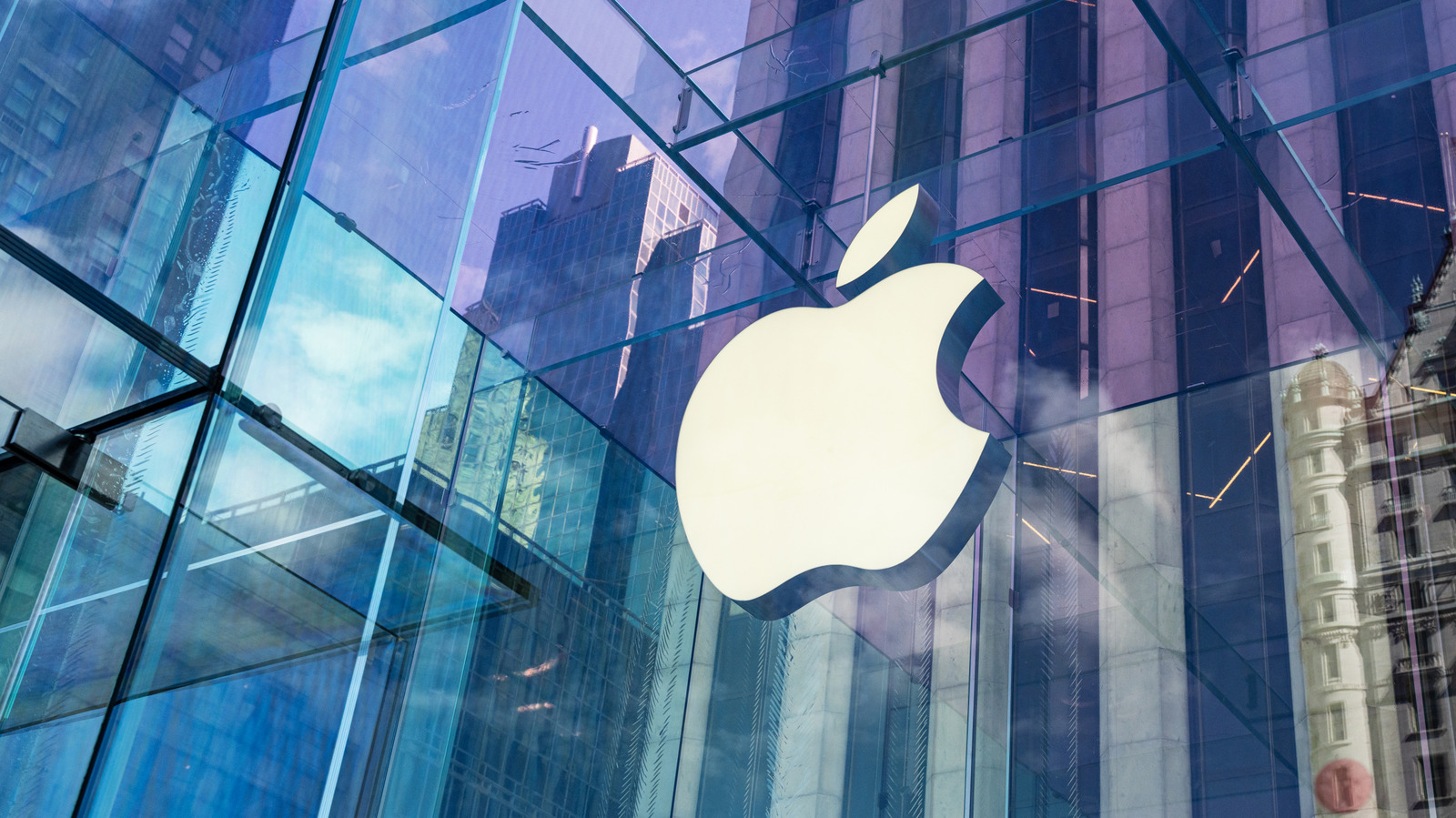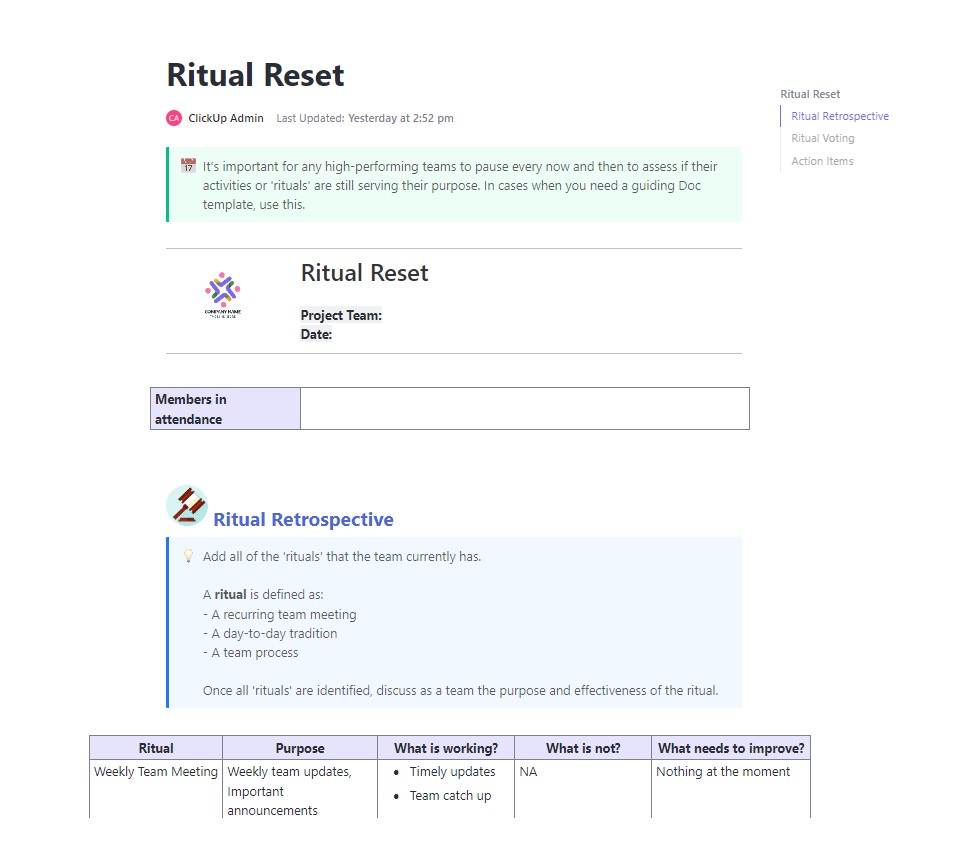The Protective Umbrella
We are taught that liability is something to avoid at any cost. You are allowed to sleep well at night knowing that if something unforeseen goes wrong, you are covered. This cosy feeling is certainly worth a few bucks a month. An entire industry exists to take that burden off our shoulders.
It is not just the private sector that takes care of us. Today, many governments act as mandatory protective umbrellas to shield us from the unforeseen. A bad day at work because of a headache or a late night out? Don’t worry, your job is safe. And even if you lose your job, state agencies will help you find another. If people are not wise enough to insure their cars, they might not be fit to operate them on public roads at all. The solution in many countries? Mandatory car insurance. Something “bad” on the internet? Don’t worry, content might soon be curated to keep your blood pressure low.
Of course, people must also be protected from themselves. Forget to fasten your seat belt and you get a fine, not to mention the disapproving looks from pedestrians if you dare ride your motorcycle without a helmet. What does the individual know about personal risk management, after all? Many actions might threaten the greater good of public safety.
More and more aspects of our personal lives are being micro-managed. Decisions are increasingly taken out of our hands. Life becomes less like an open journey and more like following the tight schedule of an all-inclusive resort. Stay within the safe boundaries, leave the thinking to those who “know better”, and everything will be just fine.
The Guardrails
This supposedly safe path is not only enforced by laws and fines. We are nudged into compliance through variable taxes. Do something “not good for you” and pay more. Cigarettes? Very bad for you, pay a hefty tax. Drive a gas guzzler? Petrol prices and insurance costs are raised to remind you that buying it was a mistake. Even buying drinks in plastic bottles is discouraged with deposits to ensure you return them for recycling. You might have done so anyway, but why make a conscious decision if someone can make it for you?
Many of these measures enjoy broad support because they seem sensible and serve the greater good. But is there a cost? The more thinking is done for you, the more you get used to it. The obvious downside is the sacrifice of personal freedom, a vague concept until you see where it leads.
The Cost
Centralised decision-making abstracts responsibility away from the individual. The one-size-fits-all approach ignores personal needs and capabilities. You might not need a government agency to handle your job search, dictate your buying choices, or control what you write and even read on the internet. In school, everyone takes the same exam to meet predefined standards. Some students are still overwhelmed, others are bored. Everyone is pushed toward the average. Individual preferences, talents, and needs matter less than the group’s performance. Standards become the sacred pillars of success. The nail that sticks out gets hammered down (a Japanese proverb).
After graduation, if you dare to become self-employed, you are encouraged to form a limited company. You will enjoy lower taxes and, most importantly, avoid the burden of personal liability.
Liability is Good!
But isn’t it skin in the game that drives individual excellence? Imagine success is your only option, without a safety net. An all‑in game forces you to give everything you have. This is a crucial ingredient of achievement. Early in school, it still makes sense to create a safe space to fail. We learn a great deal from mistakes. But it is also vital to experience consequences. Higher risk is the only path to high reward. If a system removes the possibility of real risk, it also removes the possibility of real reward.
There must be at least some areas where risk and consequence are allowed to exist. Liability is not always a bad thing. It pushes individuals and organisations to do their utmost to ensure excellence. If consequences are softened too much, who will truly give their all? Imagine if a teacher’s pay or job depended on the success of their students, if a politician was personally liable for government debt, or an entrepreneur received a lower tax rate for accepting more personal liability rather than less.
When playing a computer game you cannot lose, every achievement becomes meaningless. And in a world where your competition does not play on “easy mode”, your chances of true success disappear.










